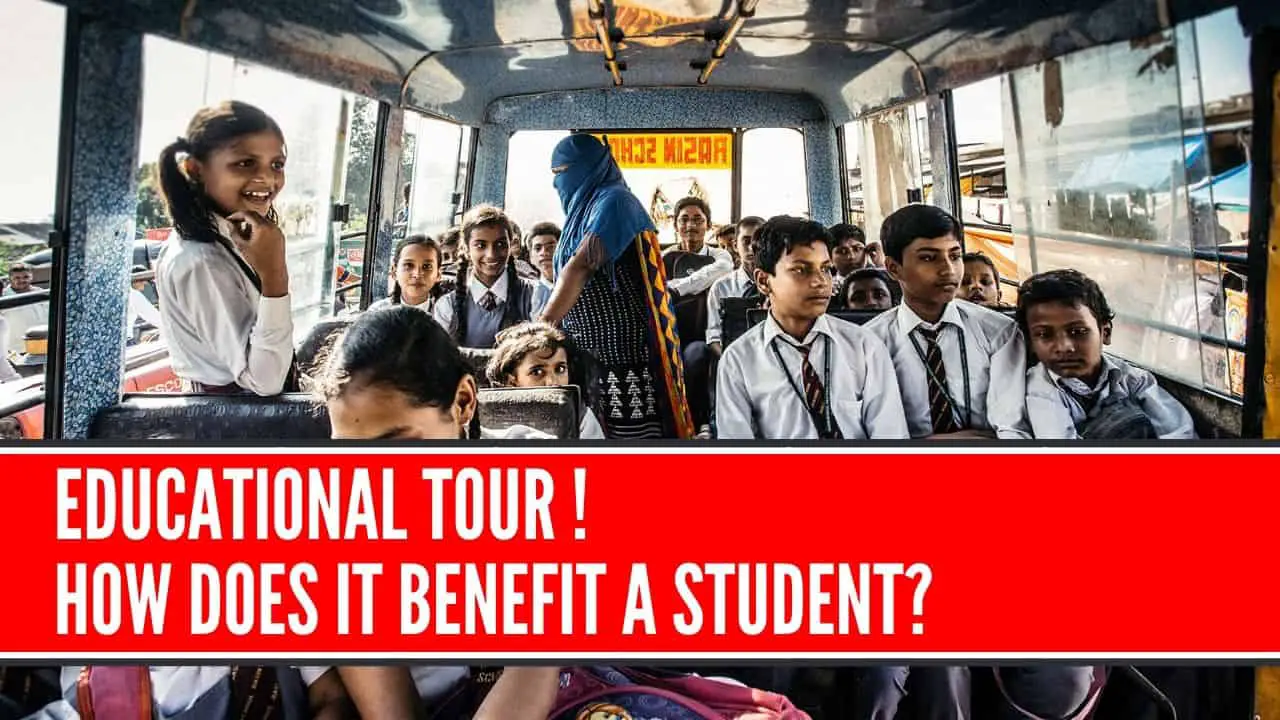Educational travel tours for adults are gaining popularity, offering unique learning experiences beyond the classroom. These immersive journeys combine sightseeing with structured educational programs, catering to diverse interests and learning styles. From exploring ancient ruins to mastering culinary techniques, these tours provide engaging and enriching opportunities for personal and intellectual growth.
The market caters to a wide range of ages and preferences, with itineraries designed to suit varying budgets and travel styles. Careful curriculum design, incorporating interactive activities and assessments, ensures a high-quality learning experience. Logistical considerations, including transportation, accommodation, and permits, are crucial for a smooth and successful tour operation. Effective marketing and promotion strategies are essential to reach the target audience and highlight the unique value proposition of these enriching travel experiences.
Sustainability and Responsible Travel
Educational travel, while enriching, carries an environmental and social footprint. Minimizing this impact is paramount, transforming these journeys into opportunities for positive change and fostering a deeper understanding of the destinations visited. Integrating sustainable practices isn’t merely an ethical choice; it’s a crucial element in ensuring the long-term viability of both the travel industry and the places it explores.Sustainable practices in educational travel aim to reduce the negative impacts of tourism while maximizing positive contributions to the host communities and environments.
This requires a holistic approach, encompassing everything from transportation choices to the support of local businesses and the preservation of cultural heritage. By adopting these principles, educational tours can become powerful tools for promoting responsible tourism and fostering global citizenship.
Environmentally Friendly Travel Options
Choosing transportation options with a lower carbon footprint is a critical step. Prioritizing trains over airplanes for shorter distances significantly reduces emissions. Within destinations, walking, cycling, or using public transportation should be encouraged whenever feasible. For longer distances where air travel is unavoidable, carbon offsetting programs can help compensate for emissions. Furthermore, choosing accommodations committed to sustainable practices, such as those with LEED certification or eco-labels, demonstrates a commitment to minimizing environmental impact.
Tour operators can also encourage the use of reusable water bottles and reduce single-use plastics throughout the tour.
Cultural Sensitivity and Responsible Tourism
Respect for local cultures and communities is fundamental to responsible educational travel. This involves educating travelers about appropriate behavior, customs, and etiquette in the destinations they will visit. Engaging with local guides and communities directly supports local economies and fosters genuine cultural exchange. Supporting local businesses, artisans, and restaurants ensures that the economic benefits of tourism are distributed equitably.
Furthermore, avoiding exploitative practices, such as participating in activities that harm animals or exploit vulnerable populations, is essential. Respecting religious sites and traditions, and being mindful of noise levels and personal space, demonstrates sensitivity and consideration.
Key Principles of Responsible Travel
Responsible travel requires a multi-faceted approach. Here are some key principles and their application to educational tours:
- Minimize Environmental Impact: Choose eco-friendly transportation, reduce waste, conserve water and energy, and support businesses with sustainable practices.
- Respect Local Cultures: Learn about local customs and traditions, dress respectfully, and avoid disruptive behavior. Support local businesses and artisans, and engage respectfully with local communities.
- Support Local Economies: Choose locally owned businesses, restaurants, and accommodations. Participate in activities that directly benefit local communities.
- Protect Natural Resources: Avoid activities that damage the environment, such as littering or disturbing wildlife. Support conservation efforts and choose destinations committed to environmental protection.
- Promote Cultural Understanding: Engage in meaningful interactions with local people, learn about their history and traditions, and avoid stereotypes.
- Travel Responsibly: Be aware of your impact and make conscious choices to minimize your footprint. Consider the social and environmental consequences of your actions.
Illustrative Examples: Educational Travel Tours For Adults

Our educational travel tours offer immersive experiences that blend environmental awareness, historical exploration, and personal enrichment. The following examples showcase the richness and depth of these journeys, highlighting the sensory details and impactful learning opportunities participants encounter.
A Breathtaking Amazonian Sunset
Imagine this: The air, thick with the humid breath of the Amazon rainforest, carries the scent of damp earth and exotic blooms. The cacophony of the jungle slowly fades as the sun dips below the horizon, painting the sky in vibrant hues of orange, purple, and fiery red. Participants, having spent the day kayaking through tranquil waterways, observing vibrant macaws and playful monkeys, now gather on the banks of the river.
The setting sun casts long shadows, illuminating the intricate details of the rainforest canopy. The quiet awe that settles over the group is palpable; a shared moment of connection with the raw beauty of nature. The gentle lapping of water against the riverbank provides a soothing soundtrack to this unforgettable spectacle. This experience fosters a profound appreciation for the delicate balance of the Amazonian ecosystem and inspires a commitment to its preservation.
The Majesty of Machu Picchu, Educational travel tours for adults
The mist hangs heavy in the air, shrouding the ancient city of Machu Picchu in an ethereal glow. As the clouds begin to part, the breathtaking panorama unfolds: terraces carved into the mountainside, intricate stone structures perched precariously on the slopes, and the distant Andes Mountains forming a majestic backdrop. Participants, having trekked along the Inca Trail, their bodies weary but spirits high, stand in hushed reverence.
The guide expertly narrates the history of this lost city of the Incas, detailing its sophisticated agricultural techniques, complex social structure, and ultimate abandonment. The sheer scale and ingenuity of the architecture leave a lasting impression, provoking contemplation about the ingenuity and resilience of past civilizations. The palpable sense of history and the stunning natural setting combine to create a powerful and unforgettable learning experience.
The feeling is one of profound connection to the past, a tangible link to a civilization that thrived centuries ago.
Ultimately, educational travel tours for adults represent a powerful blend of exploration and learning. By carefully considering curriculum design, logistical aspects, marketing strategies, and sustainable practices, operators can create transformative experiences that leave lasting impressions on participants. The future of adult education may well lie in these immersive journeys, offering a dynamic and engaging alternative to traditional learning environments.
The potential for personal growth and cultural understanding is significant, making these tours a worthwhile investment in both knowledge and personal enrichment.
Learn about more about the process of best places for senior trip in the field.


